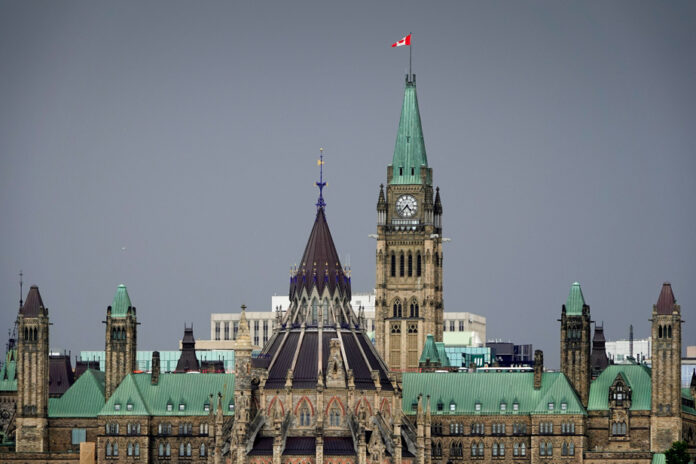The slowdown in the Canadian economy and rising interest rates are weighing down the federal government’s finances. The result: deficits will be higher over the next four years. The shortfall will be an average of $10 billion per year higher than what was forecast in Finance Minister Chrystia Freeland’s last budget, tabled in March.
Minister Freeland has decided to put a little water in her wine regarding the imposition of a tax on digital services in Canada after multiple warnings made by the Biden administration in Washington. Ottawa still plans to table a bill in the coming weeks to impose such a tax on digital giants like Google, Meta and Amazon. But the date of entry into force now remains vague. Previously, it was claimed that this tax would come into effect on January 1, 2024.
The economic update proposes a series of measures to eliminate sources of irritation for consumers. In particular, the government intends to amend the Competition Act to ensure the right to repair devices, tackle certain undesirable fees such as those charged by airlines to place children under 14 next to the adult who supports them and eliminates sales tax on products and services for psychotherapy and counseling. A measure which will cost 50 million over five years, according to estimates from the Ministry of Finance.
Despite the pressure, the terms and conditions for reimbursement of the Canadian Emergency Business Account are not changing. These interest-free loans granted during the COVID-19 pandemic total 49 billion. Small businesses were eligible for a maximum of $60,000. The Federation of Chambers of Commerce of Quebec would have liked the government to extend the reimbursement deadline to January 2025 to obtain a partial write-off of $20,000. The deadline remains January 18, 2024.
A new employment insurance benefit will be offered to parents who adopt a child. They will be given 15 weeks to complete the adoption process, prepare to welcome their child into their home and bond with them. The government estimates that 1,700 families will benefit annually. The cost of this measure is estimated at 48.1 million until 2028-2029 and 12.6 million per year thereafter.















